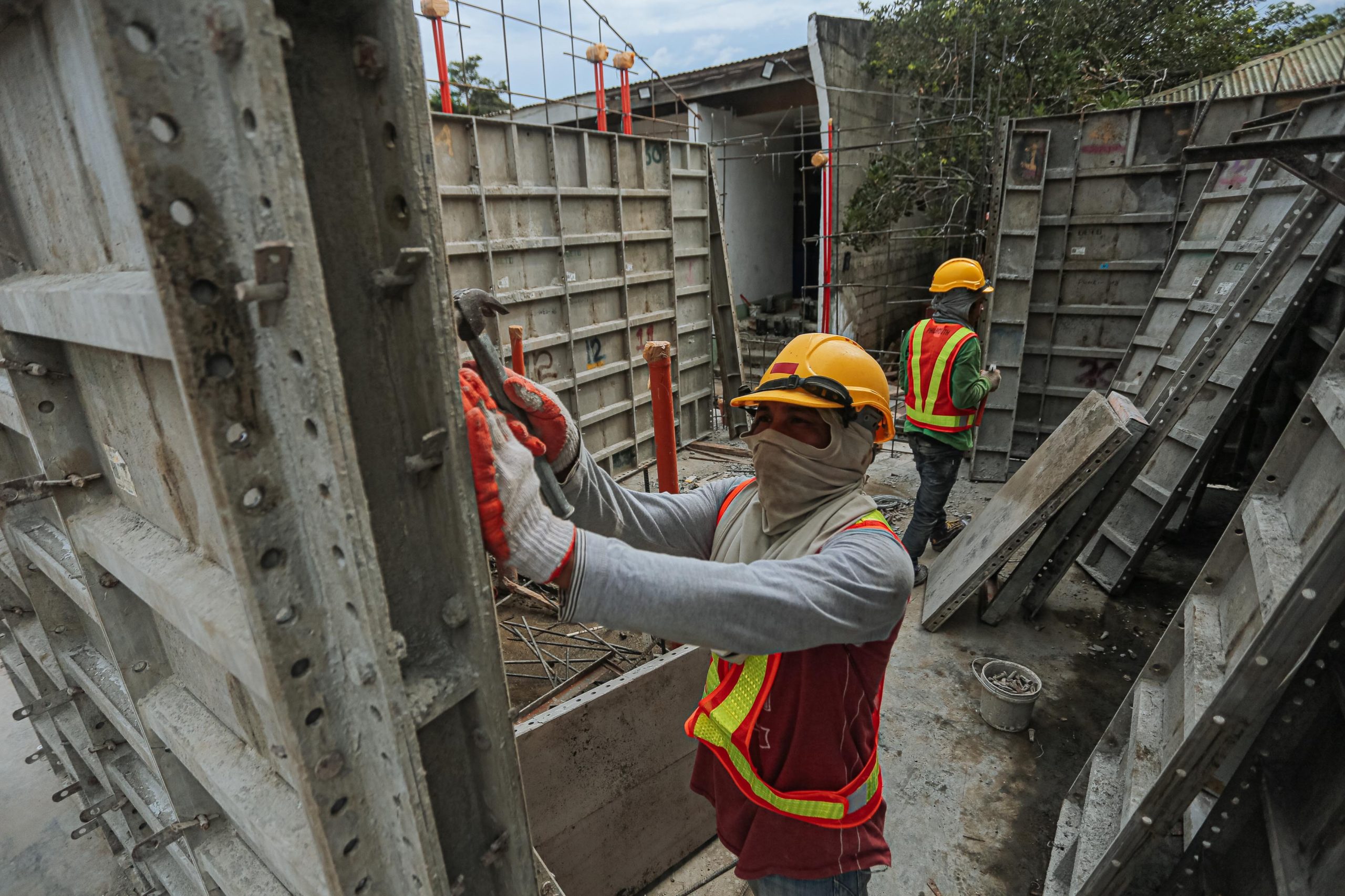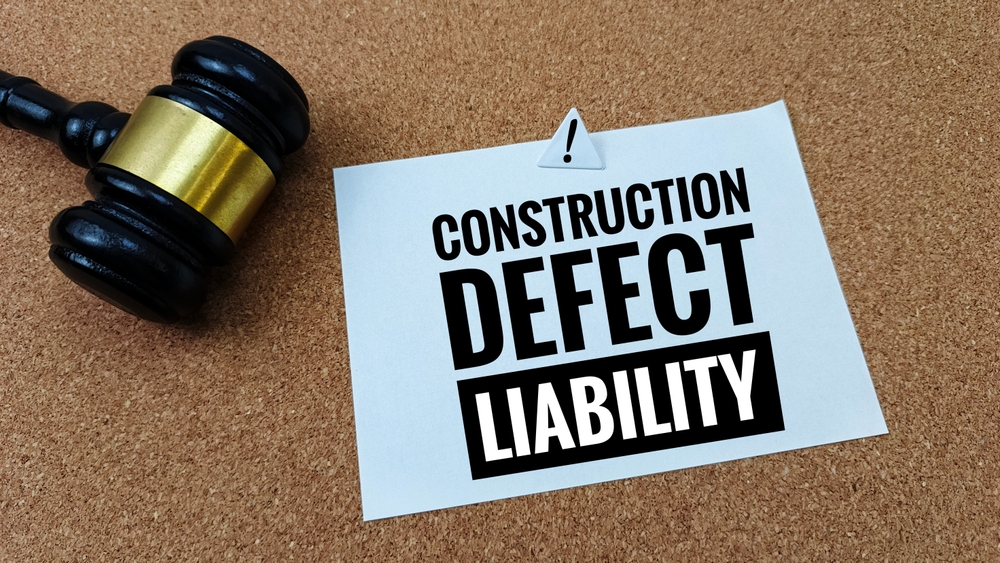

In November of 2021, President Biden passed the 2022 Infrastructure Act, which has been referred to as a “Once-in-a-generation Investment in Our Nation’s Infrastructure and Competitiveness.” Over the next ten years, the US government will be shelling out some big bucks to make America better. Most of those funds will create huge projects for the construction industry, from building roads and bridges to providing internet service for all and getting rid of rusty pipes to improve the water supply. There are huge opportunities for new government construction contracts due to this bill.
Most of the 1.2 trillion will be given to the states through grants, and then the state governments will hire construction companies to complete the work. Although some of the work will be done directly with federal government agencies, for example, if you are working on an air traffic control project, you will work directly with the FAA. Regardless of what project you end up on, if you are thinking about trying your hand at government work because of the 1.2 trillion dollars available to rebuild America’s infrastructure, there are some details to look out for in government contracts.
Before we jump into some of the things to watch out for in the actual contracts, a word of warning for those new to government work: expect slow pay. From our experience, 90 days to get paid is the norm, but it could even be longer. If you are seriously considering taking on your first government contract, ensure you have enough cash to withstand not getting paid for 90 days or longer. It is worth noting that we have not yet seen a specific contract issued under this specific infrastructure improvement act. Still, we know that work done with money from the act is required to use American-made materials. So, if you bid on one of these projects, you should consider any additional time or money required to use only American-made materials and products.
The Cromeens Law Firm is here to protect you and your business. We can help you negotiate your subcontracts to protect you against losing your money and your assets. Our hope is that you never sign a subcontract that puts you out of business. Work with us to equip yourself with the ability to properly evaluate your risks and negotiate your next subcontract with greater confidence and ease.
Even if you are familiar with state and federal construction contracts, it would be a good idea to have any contract issued for work done under the infrastructure improvement act reviewed by an attorney or someone familiar with government contracts. They will explain all the risks you take when signing that contract. Once you can understand the risks hidden in the contract, you can decide if it is worth it for your company to take that kind of risk. The infrastructure bill may require certain things to be in the contracts that you have never seen before, which is why even if you are familiar with government contracts, you should have your contracts for work done under the new infrastructure bill reviewed.
Additionally, a dangerous term generally included in government contracts is a delay damages clause, also sometimes known as a liquidation damages clause. This acts as a per-day penalty for not completing your work by the deadline agreed upon in the contract. If you are a subcontractor, you not only have to look for the liquidated damages clause in your contract, but you will also need to ensure you review the prime contract to determine if there are delay damages in that contract as well because it will frequently be incorporated into your contract.
Working on a government project is usually a different beast, but it is even more true under this new bill. There are many measures to take and areas of concern to consider before deciding to move forward with a federal project funded by the Infrastructure Act, so you must stay vigilant and take note of what you need to know. In addition to your pay schedule, new contract concerns, and the inclusion of the prime contract, there are other necessities that you need to fully comprehend before you sign any government contract—such as the definition and function of bonds, since bonds are required on most government contracts.
We’ll dive into bonds more in the next blog as we continue to brief you on all you need to know when considering agreeing to a government contract. To learn more about all you need to know when considering signing onto a government project under the Infrastructure Act, keep your eyes peeled for the rest of this month’s blog series. Prepare yourself for the projects you want and get educated today.
This article is intended as a general educational overview of the subject matter and is not intended to be a comprehensive survey of recent jurisprudence, nor a substitute for legal advice for a specific legal matter. If you have a legal issue, please consult an attorney.
Karalynn Cromeens is the Owner and Managing Partner of The Cromeens Law Firm, PLLC, with over 17 years of experience in construction, real estate, and business law. A published author and passionate advocate for contractors, she has dedicated her career to protecting the businesses her clients have built. Karalynn is on a mission to educate subcontractors on their legal rights, which inspired her books Quit Getting Screwed and Quit Getting Stiffed, as well as her podcast and The Subcontractor Institute.

